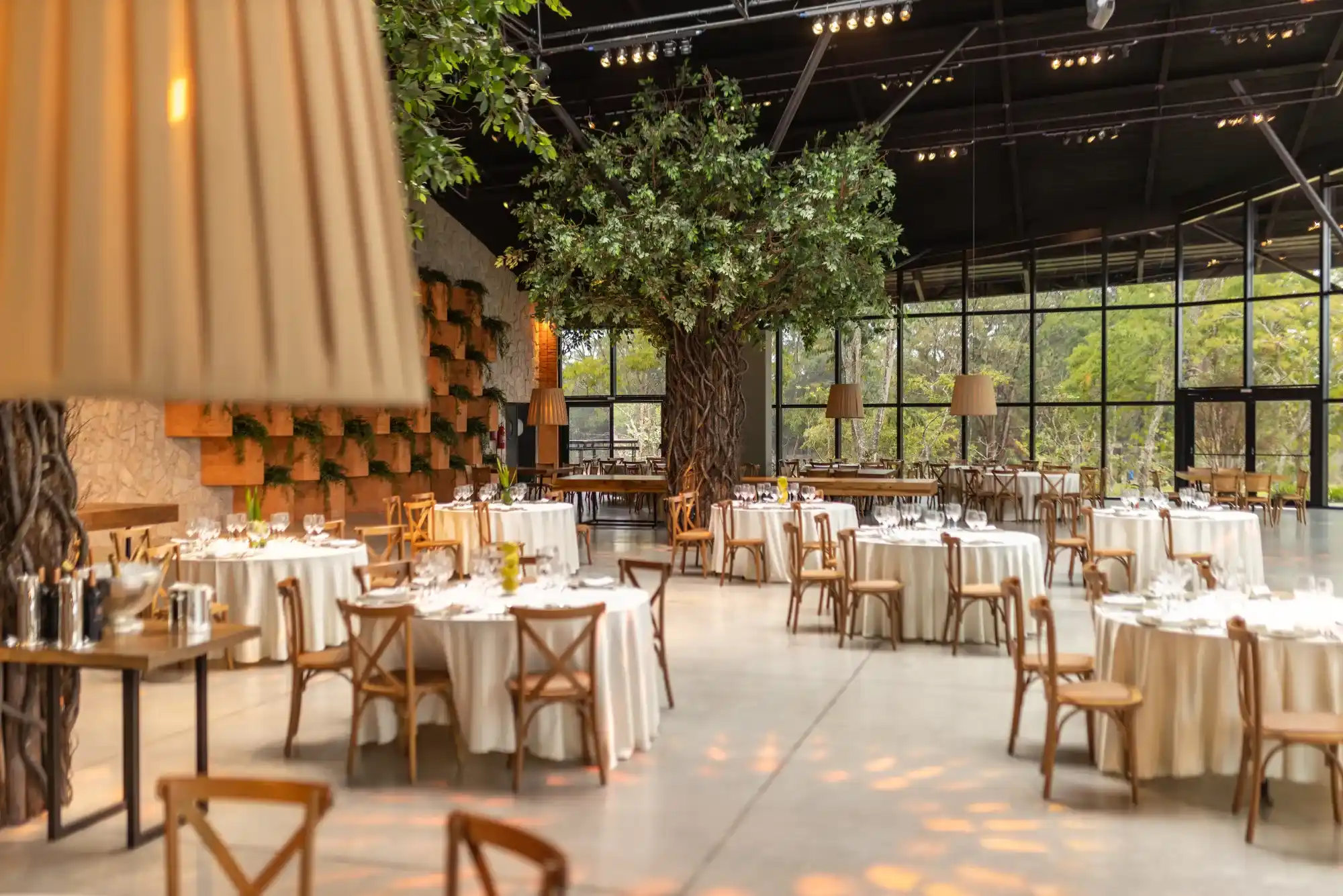In today’s rapidly evolving culinary world, the pressure to innovate is greater than ever. Chefs and restaurateurs are constantly seeking new ways to stand out, especially in a cosmopolitan hub like the UAE. Yet for Lebanese restaurants, innovation must be carefully balanced with preserving the essence of tradition.
This is a cuisine deeply rooted in heritage, hospitality, and authenticity. So how do the best Lebanese restaurants evolve with the times while staying true to their origins?
The Heart of Lebanese Cuisine: Timeless Values
Lebanese food is a reflection of its culture vibrant, generous, and rich in history. Staples like hummus, tabbouleh, kibbeh, and manakish have been enjoyed for generations. At its core, Lebanese cuisine emphasizes:
- Fresh ingredients like olive oil, lemon, herbs, and grains
- Slow-cooked dishes and hand-prepared recipes passed down through families
- Shared meals that bring people together
- Hospitality that goes beyond just serving food
These values form the foundation that cannot be replaced, even as menus modernize and dining trends shift.
Modern Techniques Meet Traditional Recipes
Innovation in Lebanese cuisine doesn’t always mean changing the recipe—it often means refining how it’s prepared and served. Many modern Lebanese restaurants are introducing subtle, thoughtful upgrades without compromising flavor or authenticity.
Presentation with a Contemporary Twist
While traditional Lebanese food is rustic and comforting, many chefs are elevating presentation. Mezze platters are styled with artistic plating, and classic dishes are served in chic, minimalistic settings that appeal to a modern aesthetic without losing cultural soul.
Health-Conscious Adaptations
With growing demand for healthy dining, restaurants are offering lighter versions of traditional dishes. For example, baked falafel instead of fried, or low-carb versions of classic wraps. These changes help reach a wider audience, including fitness-focused diners and those with dietary restrictions.
Smart Use of Technology
From digital ordering systems to app-based delivery, technology has helped Lebanese restaurants streamline operations and reach new customers. Even traditional recipes are benefiting from consistent cooking techniques made possible through modern equipment.
Innovation in Service and Experience
Dining is about more than just food, it’s about the experience. Top Lebanese restaurants are reimagining service models and customer engagement without losing their sense of welcome and warmth.
Embracing Casual Dining and Grab-and-Go Concepts
Quick-service versions of shawarma and mezze have become popular among busy urban dwellers. These offerings retain the rich flavors of traditional Lebanese food but make them accessible for a fast-paced lifestyle.
Interactive and Open Kitchens
Many restaurants now feature open kitchens where customers can watch their food being prepared. This enhances transparency and builds trust while also showcasing the skill involved in traditional Lebanese cooking.
Fusion Events and Pop-Up Menus
Some Lebanese establishments are hosting themed nights or pop-ups that explore fusion concepts—like pairing Arabic dishes with global flavors. While the base remains authentically Lebanese, these events allow room for creativity and engagement.
Al Safadi: Blending Innovation with Authenticity
A shining example of this balance is Al Safadi, one of Dubai’s most beloved Lebanese restaurants. Al Safadi has mastered the art of honoring culinary tradition while evolving with contemporary dining expectations.
- Authentic Arabic cuisine prepared with high-quality ingredients and consistent flavors
- Sleek, modern dining environments that preserve a welcoming and family-friendly atmosphere
- Menu options that cater to a wide range of preferences, from classic meat grills to vegetarian delights
- Efficient online ordering and delivery services that bring traditional food to modern homes
- Catering services that combine large-scale hospitality with handmade care
By staying true to its Lebanese roots while embracing innovation in service and presentation, Al Safadi has built a loyal following in a city filled with dining choices.
The Future of Lebanese Cuisine
As global palates continue to evolve, Lebanese cuisine is uniquely positioned to thrive. Its focus on freshness, health, and community gives it timeless appeal. The challenge and opportunity for restaurants lies in adapting to new expectations without diluting heritage.
Whether it’s experimenting with plating, integrating technology, or offering more dietary flexibility, Lebanese restaurants can evolve without losing their soul. In fact, innovation done right makes the cuisine more accessible and beloved by new generations.
Conclusion
In the world of Lebanese dining, tradition and innovation are not opposites, they are partners. The best restaurants understand how to walk the line between respecting the past and embracing the future.
With thoughtful creativity, establishments are proving that evolution does not mean compromise. Instead, it’s a celebration of culture that’s alive, dynamic, and ready to welcome the next wave of food lovers across the UAE and beyond.









